
Cooking Classes India
The Architecture of Aroma
Mother Masala Tours
Cooking Classes India: A Culinary Odyssey
Cooking Classes India. The culinary traditions are an experience of history, culture, and soul. Cooking classes in India are far more than just culinary education - they are a gateway to centuries of communal traditions, artful preparation, and the symphony of spices that give Indian cuisine its unique identity. These classes take participants through hands-on engagement with recipes, cooking methods, and cultural insights passed down through dynasties. India serves up a deeply immersive adventure that blends storytelling, cooking, and tasting into an unforgettable experience.
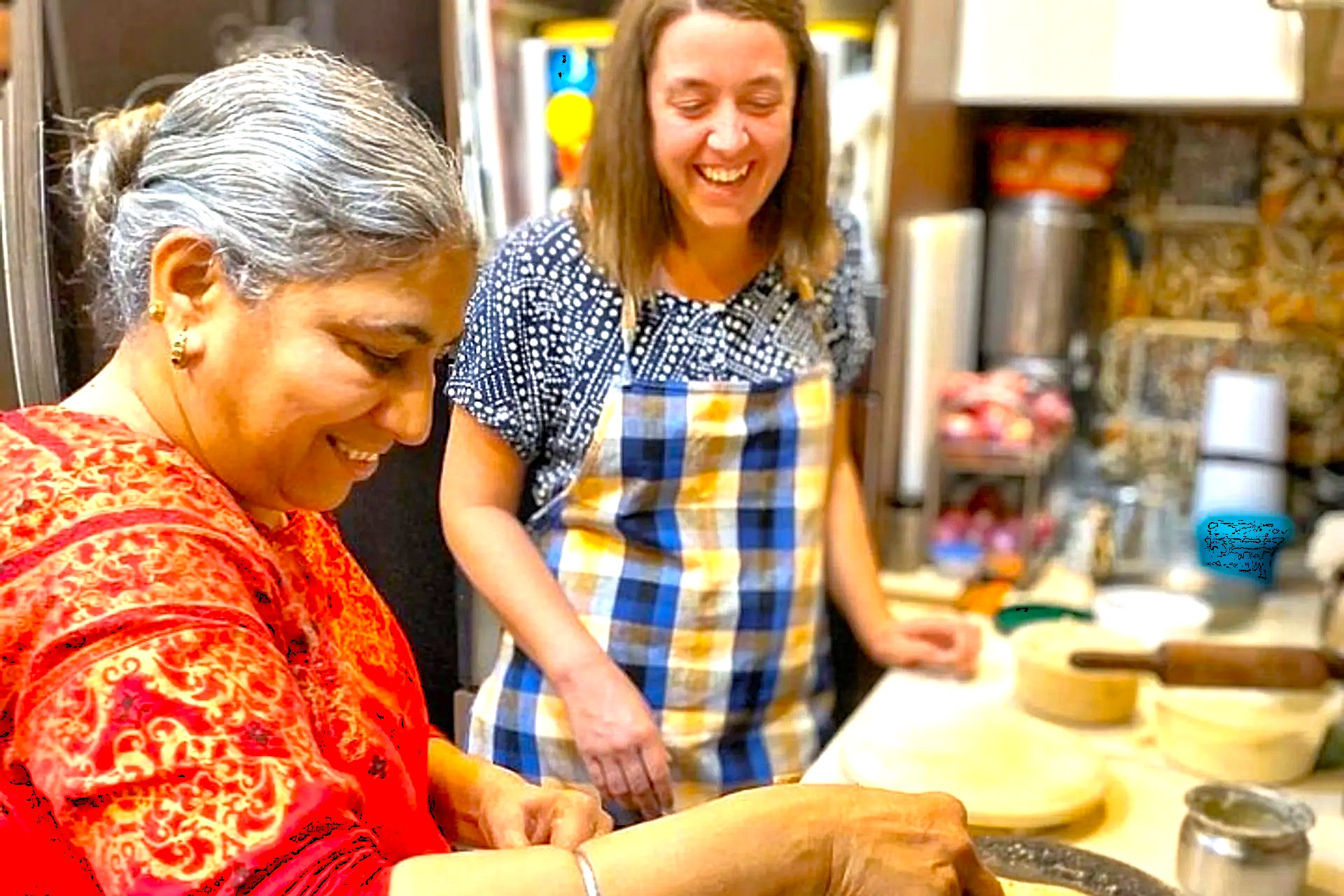
Cooking Classes India: Ancient Practices
Indian cooking stems from ancient civilizations like those of the Indus Valley. Around 2500 BCE, people cultivated barley, wheat, and sesame while raising livestock, blending innovation with sustenance. Classes often explore ancient ingredients like millets or jaggery, which formed the backbone of early Indian diets. Students may encounter ash-cooked grains or smoky flavors that mirror early methods used by ancestors, connecting the long trail of historic food evolution.
Culinary Centers Across the Subcontinent
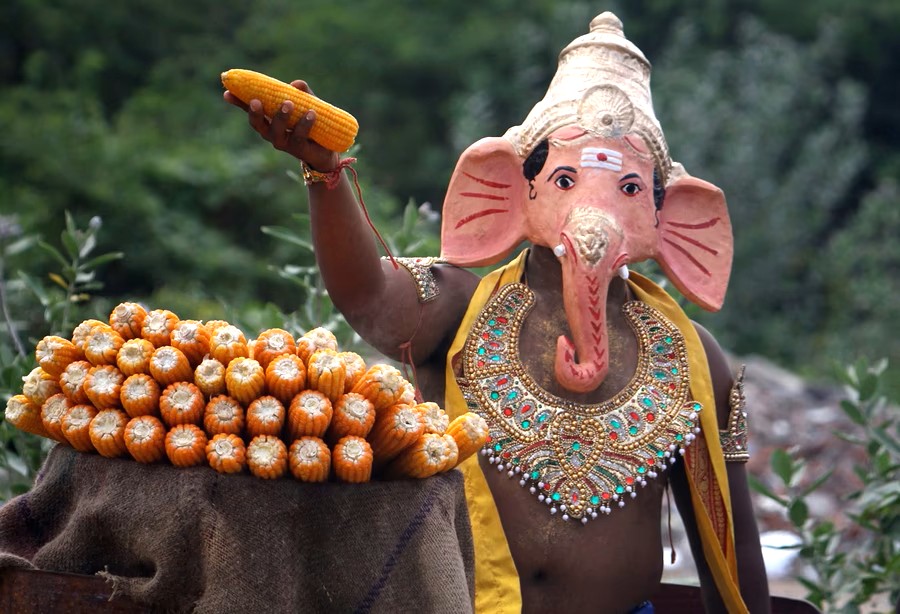
Cooking Classes India. From the streets of Delhi to Kerala’s green rice fields, India’s diverse geography enriches every cooking class. Delhi’s classes introduce Mughal-influenced dishes like biryanis, while Tamil Nadu offers workshops on tangy sambar and crispy dosas. Coastal regions shape seafood curries dripping with coconut, spices, and tamarind flavors. City or village, each class reflects regional-specific nuances, opening a window to the ecosystems shaping local cuisines.
Ancient Recipes Still Treasured Today
Guests often learn to recreate dishes like dal (lentils) or ghee-roasted rotis, employed through the ages but unchanged in essence. Some classes focus on family recipes dating back hundreds of years, such as Rajasthan’s dal baati churma or Bengal’s fragrant fish stews. These recipes double as tools for narration, revealing the personal, cultural, and historical stories stitched into every spoonful of these timeless creations.
Vegetarianism’s Deep Religious Connection
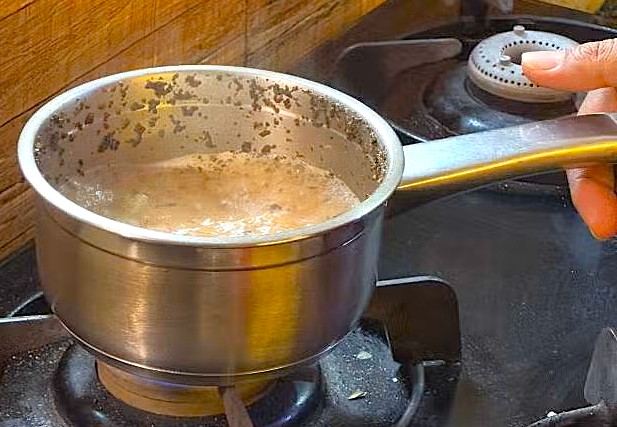
Many cooking classes also highlight vegetarian traditions rooted in India’s religious history. Followers of Jainism, Hinduism, and Buddhism inspired recipes shaped by nonviolence and reverence for life. Guests explore vegetarian delicacies like creamy korma or spiced spinach sabzi, learning the theology behind these rich, fulfilling dishes. This insight transforms meals into more than simple culinary exercises - they become spiritual reflections.
Seasonal Staples and Regional Cycles
Cooking Classes India. Classes frequently revolve around fresh ingredients inspired by seasonal rhythms. Monsoon brings green gram porridge, summer emphasizes sour mango curries, and cold winters rely on rich khichdi with clarified butter. Students enjoy insights into how India’s agrarian past influenced ingredient choices, anchored in nature’s bounty. This knowledge creates an added sense of respect for India’s culinary sustainability.
Myths and Legends
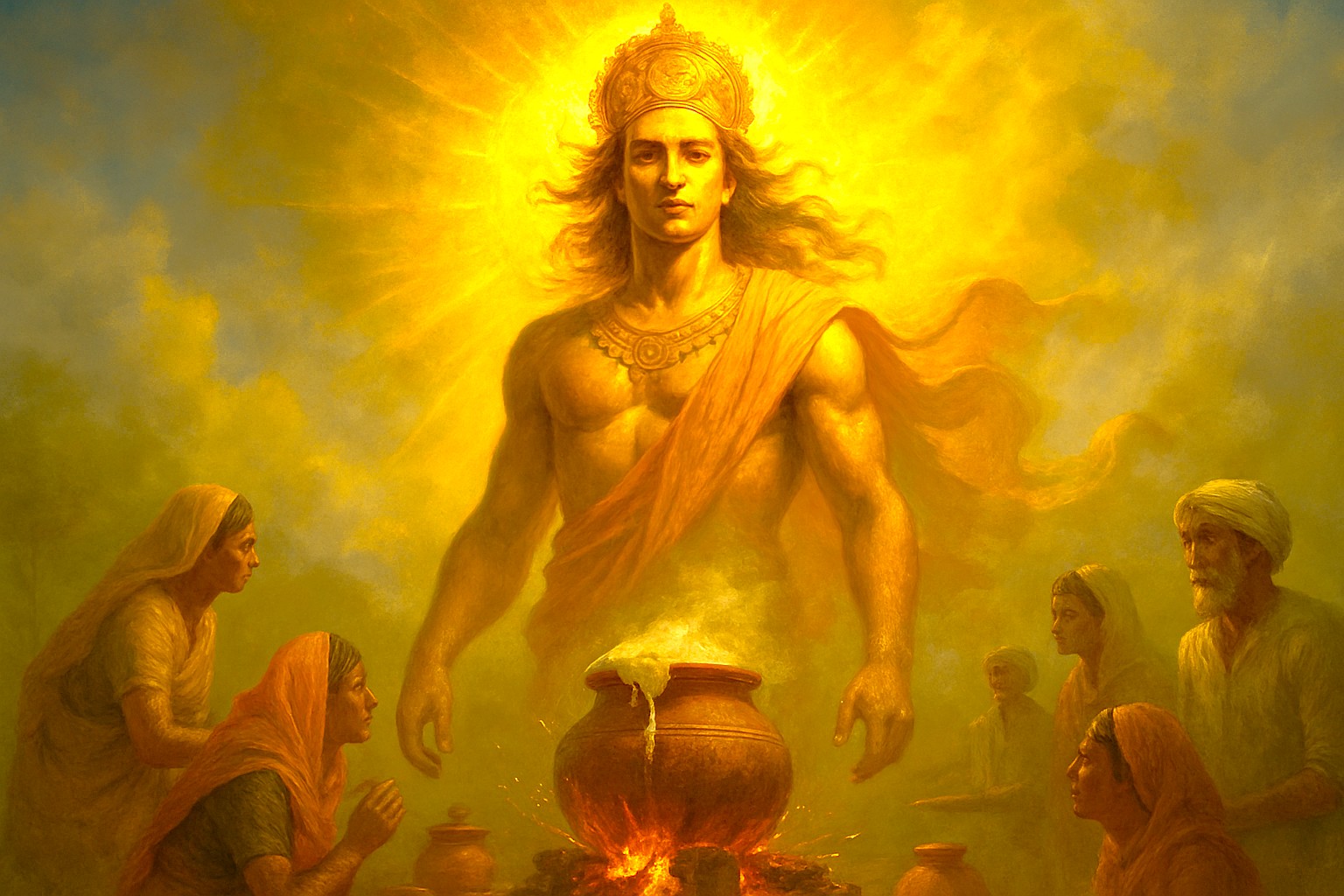
The wonderful harvest festival of Pongal is tied to a beautiful, ancient myth. Families joyfully gather to cook a special sweet rice dish, also called Pongal, using newly harvested rice and jaggery. This delicious dish is cooked outdoors in a new clay pot as a direct offering to Surya, the sun god. Everyone watches for the milk to boil over, a sign of abundance and good fortune. This lovely ritual is a heartfelt way to say thank you for the sun's energy that helped all the crops grow.
Ancient Royal Kitchen
Ancient royal kitchens were incredible places where massive quantities of food were prepared daily. These kitchens featured enormous cooking vats that could feed hundreds of people at once. The scale was truly impressive - imagine giant copper pots bubbling with hearty stews and soups. Professional cooks worked around the clock, stirring these huge vessels with long wooden spoons. The kitchens buzzed with constant activity as servants carried fresh ingredients and tended fires. Royal feasts required tremendous preparation, and these magnificent kitchens delivered truly spectacular meals fit for kings and queens.
Mythology and Legends

Tamarind trees, known as Imli, hold a mysterious place in Indian folklore, where they are often considered the favored homes of spirits. A popular superstition warns against sleeping under their dense canopies at night, as it is believed this could attract ghosts. This belief has given rise to many mystical myths and cautionary tales, often told to children to encourage them to return home before dark. These stories transform the tamarind tree into a world of the supernatural.
Food-Focused Festivals and Seasonal Celebrations
Cooking Classes India. Indian cooking schedules pivot on the rhythm of festivals, with workshops teaching food specifically tied to these moments. Students explore Pongal harvest rice dishes in January or sweet Modaks served to Lord Ganesha during Vinayaka Chaturthi. These events demonstrate how the culinary calendar mirrors religious devotion, offering students diversity with meaningful context.
Evolving Cultural Food Practices Today
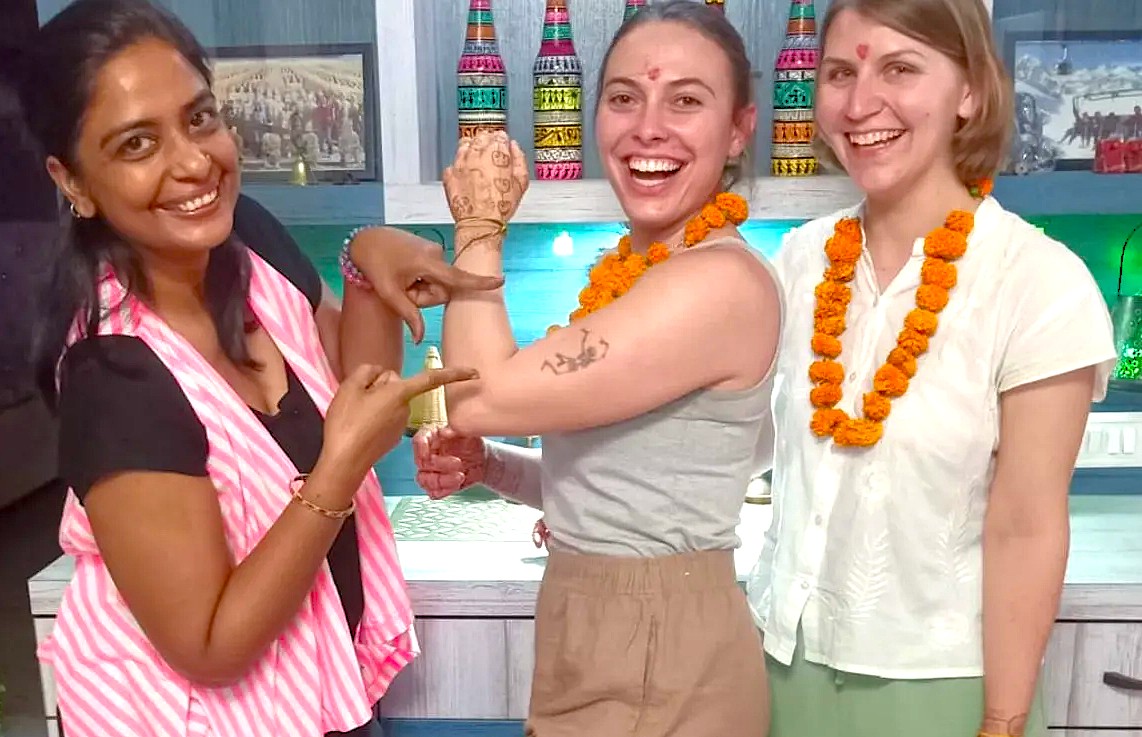
Modern Indian cooking classes adapt these historic roots boldly, introducing green alternatives like jackfruit curries or vegan milk-street chai experiments for younger generations. These welcoming classes invite everyone to explore vibrant spices and unique, easy-to-learn techniques in a friendly setting. Teachers incorporate global aspirations without losing heritage identity, showing you how to create exciting fusion dishes right at home.
Palaces, Parathas, and Pure Joy - Join Us
Join us on this epic journey into the foods of India, where vibrant traditions come alive in every dish. We will taste our way through bustling spice markets and ancient family recipes, from fragrant, slow-simmered curries to crispy, savoury street food snacks that capture the nation’s spirit. You will learn the art of balancing bold flavors and the simple, authentic techniques passed down through generations. This hands-on experience is your chance to connect with a rich culinary heritage and bring the incredible tastes of India right into your home.
Mutual Benefits Through Shared Cooking
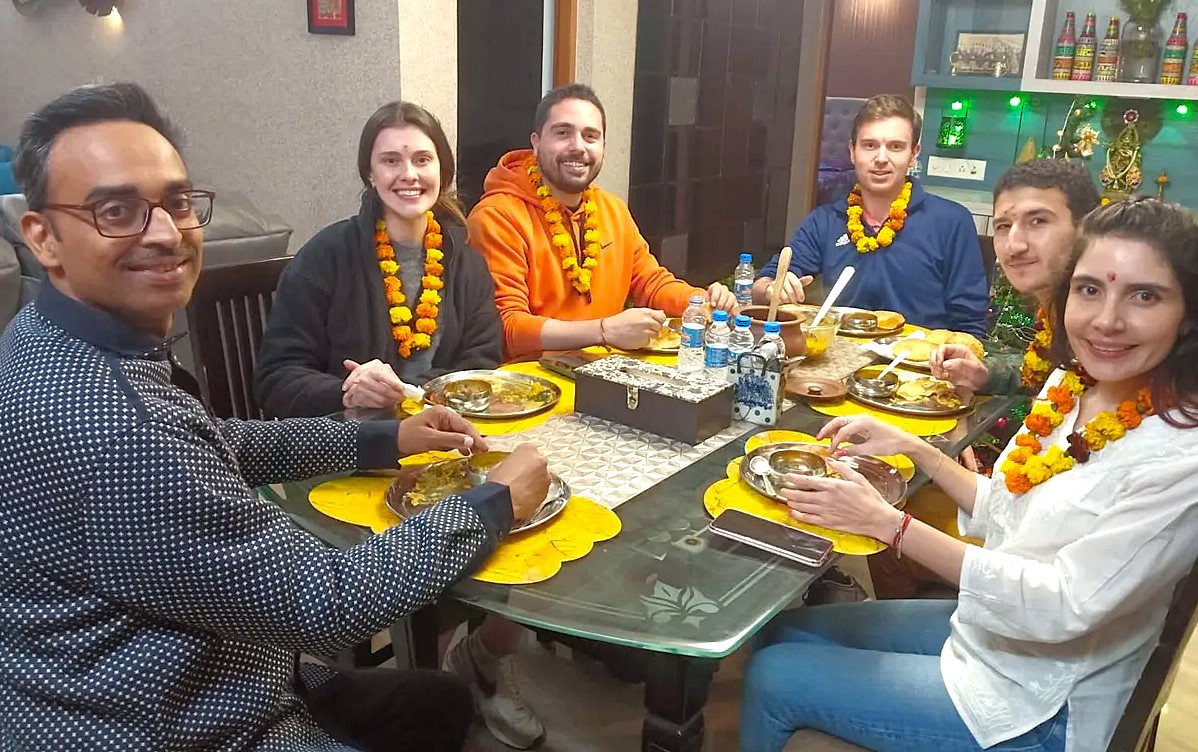
Cooking classes strengthen both hosts and guests through cultural exchange, reminding everyone how food builds bridges. Local communities gain income while sharing insights close to their hearts, and visitors walk away with lifelong culinary skills. This mutual collaboration ensures tourism feels deeply connected and human, layered with respect and empathy for every steaming pot served communally.
Step Inside The Story - View All Tour Itineraries & Details
We’re here to offer genuine, thoughtful guidance for your travels. As a small, dedicated team, we pay close attention to every detail so you can focus on enjoying the experience while we take care of the planning. We believe the best trips begin when someone truly listens to what you want and how you like to travel, so the journey feels right for you and contributes to a happy, positive group on tour. Our communication stays clear, straightforward, and respectful at every step, with the goal of helping you feel understood, supported, and confident from first contact to the end of your journey. Click here:- Discover Life Travel - India Tour Specialists